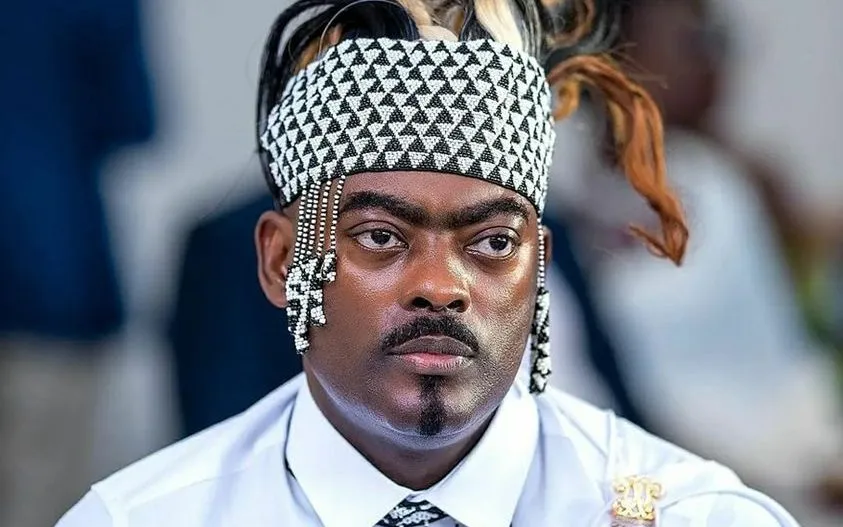By Akullo Bridget
KAMPALA, February 22, 2024 | Fred Mukasa Mbidde, a prominent legal figure and self-styled advocate for minority rights, has called for amendments to the 1995 Constitution of Uganda to ensure the full citizenship rights of the Banyarwanda community. Speaking at a consultative meeting of the Uganda Banyarwanda Cultural Development Association (UBCDA) held at Sheraton Kampala Hotel, Mbidde highlighted the need to rectify discriminatory clauses that have led to the marginalization of the Banyarwanda people.
Mbidde argued that the current constitutional provisions, particularly those related to citizenship, unfairly disadvantage the Banyarwanda community. He emphasized that the 1995 Constitution’s requirement for citizenship, which dates back to the demarcations of 1926, fails to recognize the historical and cultural ties of Banyarwanda who settled in Uganda after that period.
“It is wrong to consider 1926 border demarcations to ascertain who is a Ugandan or Rwandan because the real Uganda was created in 1962,” Mbidde asserted. He stressed that the Banyarwanda, despite being listed among the 65 indigenous groups in Uganda, face challenges in obtaining passports and national identification cards due to restrictive citizenship laws.
To address these issues, Mbidde has proposed the introduction of the ‘Banyarwanda and Other Roving Groups Identification and Management Bill 2024,’ aimed at guaranteeing full citizenship rights for the Banyarwanda community. He emphasized the urgency of the matter, warning that without immediate action, millions of Banyarwanda individuals in Uganda could become stateless by 2025.
Simon Kaitana, Chairperson of UBCDA, echoed Mbidde’s concerns, stating that the 1995 Constitution effectively excludes Banyarwanda from citizenship by setting arbitrary residency requirements dating back to 1926. He emphasized that the Banyarwanda community, despite their long-standing presence in Uganda, continues to face discrimination and challenges in accessing basic rights and opportunities.
“The name ‘Banyarwanda’ carries the stigma of being associated with a foreign country, Rwanda, which has led to discrimination and marginalization,” Kaitana remarked. He called for a change in the ethnic designation to ‘Abavandimwe’ (brethren) to promote inclusivity and eliminate prejudice.
















